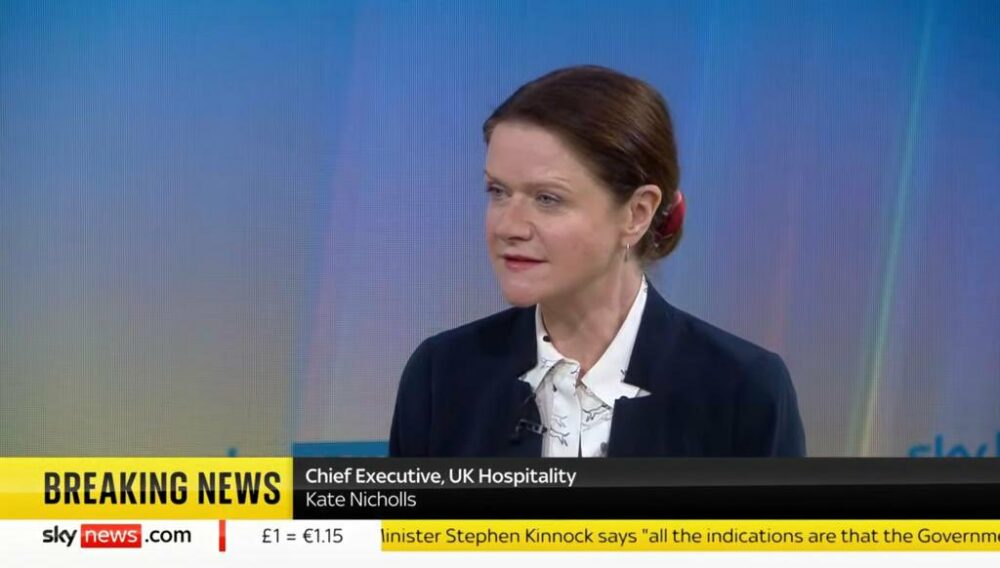
Legal migration figures published by the Office for National Statistics showed that in the past year, net migration into the UK stood at 606,000.
Work visas accounted for 25%, with humanitarian and study visas accounting for 37% and 39%, respectively.
Our reaction
UKHospitality Chief Executive Kate Nicholls said: “If there is one thing evident from today’s figures, it’s that the immigration system is not working effectively for businesses.
“Unfortunately, despite the numbers published today, there remain significant shortages across hospitality with 132,000 vacancies, 48% above pre-pandemic levels.
These shortages are actively forcing businesses to reduce their opening hours, or even days. This is not good for businesses, the public or the economy.
“While there is enormous investment in skills and training, it’s not enough on its own in the short term and it’s time we had a sensible and pragmatic discussion about immigration.
“We need to take stock of the current labour market, where we have shortages and what role the immigration system can play in aiding businesses.
“For example, adding chefs to the Shortage Occupation List would be a practical measure to plug a gaping hole for businesses and provide a huge boost to the sector.
“I urge the Government to take a twin-track approach to investing in developing our own skills and making best use of the immigration system to plug vital job roles – both of which can drive economic growth.”
In the media
With hospitality facing its own workforce challenges, our opinion on the migration figures was highly sought after by the press. As a result, our Chief Executive Kate Nicholls was interviewed and quoted across the media, being interviewed live on Sky News with Kay Burley, on BBC 5 Live’s Wake Up To Money and LBC, and was quoted in inews.
Kate reiterated that vacancies in hospitality are 48% higher than pre-pandemic levels and said there needs to be a sensible and pragmatic approach to immigration to help fill vacancies.
"Clearly we've got massive shortages, not just in hospitality".
Kate Nicholls, CEO of UK Hospitality, says the UK needs a 'fair, pragmatic, controlled immigration regime which reduces the burdens to business'.https://t.co/sNHnUrBBaw
📺 Sky 501, Virgin 602, Freeview 233 pic.twitter.com/A2RF2CIPCf
— Sky News (@SkyNews) May 25, 2023




